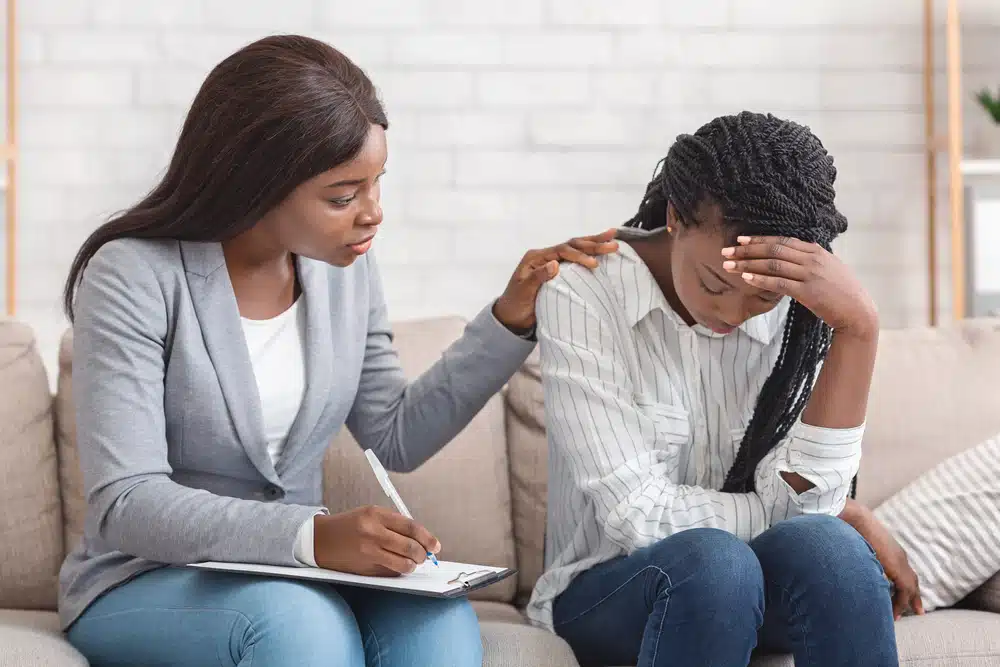24/7 Helpline:
(866) 899-111424/7 Helpline:
(866) 899-1114
Learn more about Bipolar Disorder Treatment centers in Tuscaloosa County
Bipolar Disorder Treatment in Other Counties
Other Categories in Tuscaloosa County

Other Insurance Options

United Health Care

Private insurance

BlueCross

Group Health Incorporated

UnitedHealth Group

Health Partners

American Behavioral

PHCS Network

Self-pay options

GEHA

BHS | Behavioral Health Systems

WellCare Health Plans

Magellan

Premera

Evernorth

Holman Group

Meritain

Optima

CareFirst

Ceridian

Indian Rivers Community Mental Health
Indian Rivers Community Mental Health offers addiction treatment to men and women suffering from sub...

Bradford Health Services
Bradford Health Services - Energy Center Boulevard provides outpatient and intensive outpatient trea...

Bradford Health Services – A Reprieve for Women
Bradford Health Services - A Reprieve for Women offers alcohol and drug rehab programs for women see...

Phoenix House
Phoenix House, located in Tuscaloosa, Alabama, is a transitional residential treatment program. This...

Mission Teens – Genesis MBTC
Genesis MBTC is a non-denominational Christian Discipleship ministry located in Northport, AL. Genes...

CMR Recovery Residence
CMR Recovery Residence is a private rehab located in Northport, New York. CMR Recovery Residence spe...




































Mary Starke Harper Geriatric Psychiatric Center
Mary Starke Harper Geriatric Psychiatric Center, located in Tuscaloosa, Alabama, is a residential tr...

Behavioral Health Group BHG – Tuscaloosa Treatment Center
Behavioral Health Group BHG - Tuscaloosa Treatment Center provides alcohol and drug rehab services t...

The Bridge
The Bridge provides a wide variety of alcohol and drug rehab services to individuals struggling with...

Recovery Center
Recovery Center offers alcohol and drug rehab treatment services to men and women seeking recovery i...

Celebrate Recovery Tuscaloosa
Celebrate Recovery Tuscaloosa is a non-profit rehab located in Northport, Alabama. Celebrate Recover...

Alconon Club
Alconon Club is a non-profit rehab located in Tuscaloosa, Alabama. Alconon Club specializes in the t...

AA – Alcoholics Anonymous
AA - Alcoholics Anonymous in Tuscaloosa, Alabama is a peer-led alcohol and drug rehab program that o...

Genesis MBTC
Genesis MBTC, also known as Mission Teens, is a non-denominational Christian discipleship ministry l...

Champion Partners
Champion Partners is a private rehab located in Tuscaloosa, Alabama. Champion Partners specializes i...

AA – Alcoholics Anonymous
AA – Alcoholics Anonymous is a non-profit rehab located in Duncanville, Texas. AA – Alcoholics Anony...














































































































































































































































